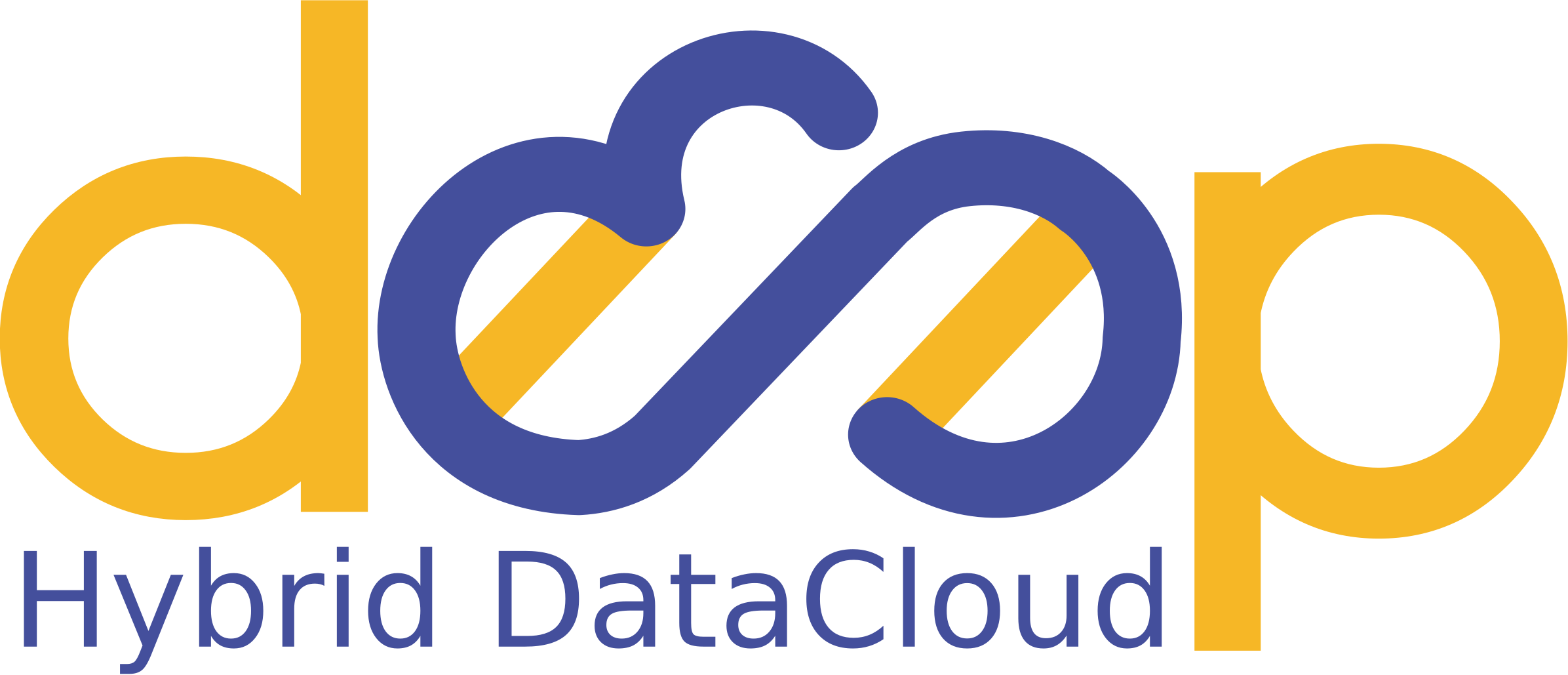Welcome to the DEEP Dashboard, a web user interface to interact with the DEEP Platform resources.
This is still work in progress, under very heavy development.
Please check the sample configuration file that is distributed with the dashboard. You must pass one to the dashboard, otherwise it will refuse to start.
The minimal set of options that you must configure in order to run the dashboard is the following:
[iam]
base_url = <IAM endpoint>
client_id = <OpenID Connect Client ID>
client_secret = <OpenID Connect Client Secret>
[orchestrator]
url = <orchestrator_url>
As you can see, you need to create an OpenID Connect Client in an IAM instance, then add it to the configuration file. Assuming that you are using the DEEP production infrastructure, the endpoints can be configured as follows:
[iam]
base_url = "https://iam.deep-hybrid-datacloud.eu"
client_id = <OpenID Connect Client ID>
client_secret = <OpenID Connect Client Secret>
[orchestrator]
url = "https://deep-paas.cloud.ba.infn.it/orchestrator"
The dashboard assumes that it has read and write permissions to the runtime
directory that is configured in the runtime_dir configuration option. By
defaul this is set to /var/run/deep-dashboard/.
The simplest way is to use the Docker compose with the compose file that is provided.
First of all, you would need to define a docker/.env file, containing
the aforementioned minimal configuration. Validate the docker-compose file
with:
docker-compose -f docker/docker-compose.yml config
Then you can build the containers needed, and start the Docker compose with:
make docker-compose-build
make docker-compose-run
If you wish to use a different environment file, you can do so, indicating it
with the COMPOSE_LOCAL_ENV environment variable:
COMPOSE_LOCAL_ENV=foo.env make (...)
Or, directly with Docker compose:
docker-compose -f docker/docker-compose.yml build
docker-compose -f docker/docker-compose.yml --compatibility up --force-recreate
This software has been developed within the DEEP-Hybrid-DataCloud (Designing and Enabling E-infrastructures for intensive Processing in a Hybrid DataCloud) project that has received funding from the European Union's Horizon 2020 research and innovation programme under grant agreement No 777435.
